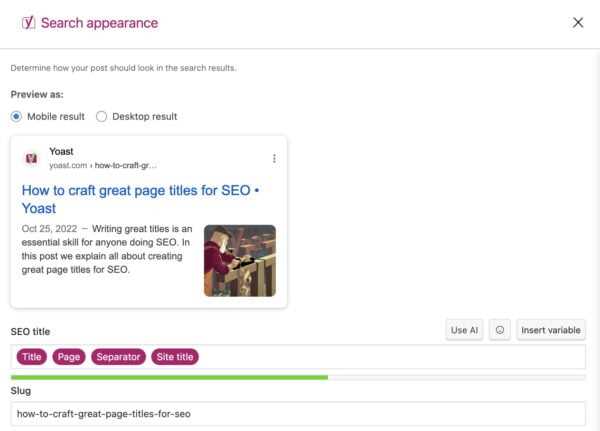
Unlocking the Secrets of OдQYЁ’ЙUЉ>ЬдюyЖY®MСЋt–Ѕ•»гфzMхBљЭМ06Ељ – A Comprehensive Guide to SEO
Optimizing Your Website for Search Engines
When it comes to online success, one of the most important factors to consider is search engine optimization (SEO). SEO is the process of optimizing your website so that it ranks higher in search engine results pages (SERPs). This is crucial because the higher your website ranks, the more visibility it will have, leading to increased organic traffic and potential customers.
There are several key elements to consider when optimizing your website for search engines. First and foremost, you need to focus on creating high-quality, relevant content. Search engines like Google prioritize websites that provide valuable information to users. By creating informative and engaging content, you can increase your chances of ranking higher in search results.
Another important aspect of SEO is keyword research. Keywords are the words and phrases that users enter into search engines when looking for information. By conducting thorough keyword research, you can identify the most relevant and popular keywords in your industry. Incorporating these keywords into your website’s content and meta tags can help improve your website’s visibility in search results.
In addition to content and keywords, website structure and design also play a role in SEO. Search engines prefer websites that are easy to navigate and have a user-friendly interface. This means optimizing your website’s loading speed, ensuring mobile responsiveness, and organizing your content in a logical and organized manner.
Furthermore, backlinks are an essential component of SEO. Backlinks are links from other websites that direct users to your website. Search engines view backlinks as a vote of confidence, indicating that your website is trustworthy and authoritative. Building high-quality backlinks from reputable websites can significantly improve your website’s search engine rankings.
Lastly, it’s important to regularly monitor and analyze your website’s performance. By using tools like Google Analytics, you can track important metrics such as organic traffic, bounce rate, and conversion rate. This data can help you identify areas for improvement and make informed decisions to optimize your website further.
Effective Keyword Research for SEO
Keyword research is a crucial step in any SEO strategy. It involves identifying the right keywords that your target audience is using to search for products or services similar to yours. By understanding the keywords that are relevant to your business, you can optimize your website and content to rank higher in search engine results pages (SERPs).
There are several tools available to help you conduct keyword research. Google Keyword Planner is one of the most popular and widely used tools. It allows you to find keywords related to your business and provides data on search volume, competition, and cost per click (CPC).
When conducting keyword research, it’s important to consider both short-tail and long-tail keywords. Short-tail keywords are broad and generic, while long-tail keywords are more specific and targeted. It’s recommended to target a mix of both types to capture a wider range of search queries.
Another important aspect of keyword research is analyzing the competition. By understanding what keywords your competitors are targeting, you can identify opportunities to differentiate yourself and target less competitive keywords. This can help you rank higher and attract more organic traffic to your website.
Once you have identified the keywords you want to target, it’s important to incorporate them strategically into your website and content. This includes optimizing your meta tags, headings, URLs, and content body. However, it’s important to avoid keyword stuffing, as this can negatively impact your website’s ranking.
Regularly monitoring and updating your keyword strategy is also essential. Search trends and user behavior can change over time, so it’s important to stay up-to-date with the latest keyword research and adjust your strategy accordingly.
Question-answer:
What is the article about?
The article is about SEO title optimization for an article.
Why is SEO title important for an article?
SEO title is important for an article because it helps improve the visibility and ranking of the article in search engine results.
How can I optimize the SEO title for my article?
To optimize the SEO title for your article, you can include relevant keywords, make it concise and compelling, and ensure it accurately reflects the content of the article.
What are some tips for writing an effective SEO title?
Some tips for writing an effective SEO title include using strong and descriptive words, keeping it under 60 characters, and including the main keyword at the beginning.
Can you provide an example of an optimized SEO title?
Sure! An example of an optimized SEO title could be “10 Tips for Optimizing Your SEO Title for Better Search Engine Rankings”.
What is the article about?
The article is about SEO title for an article on a specific topic.






